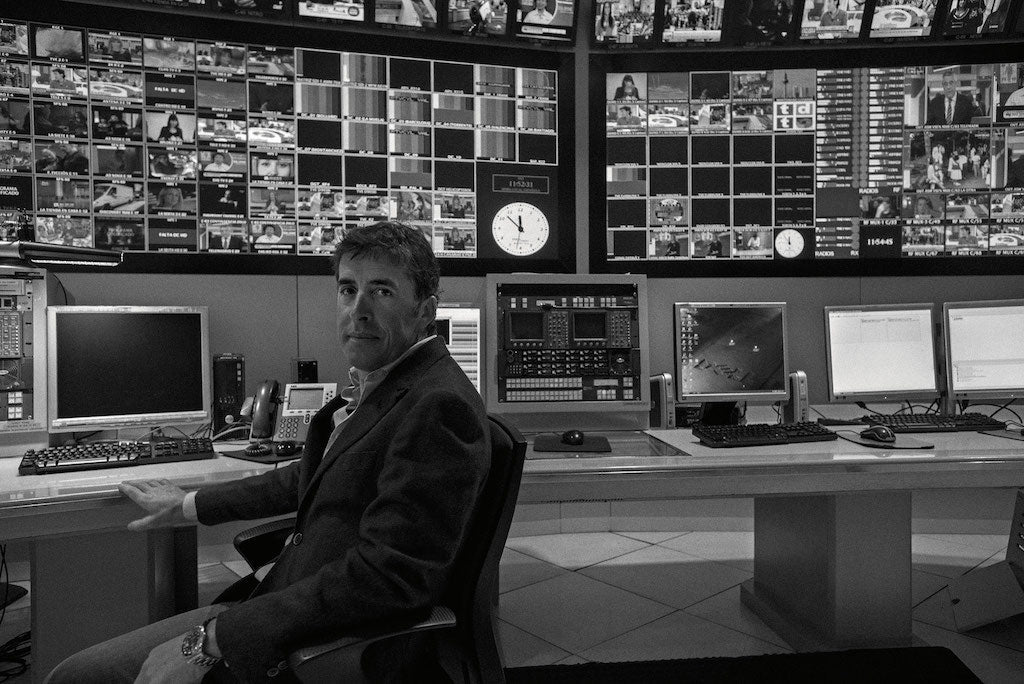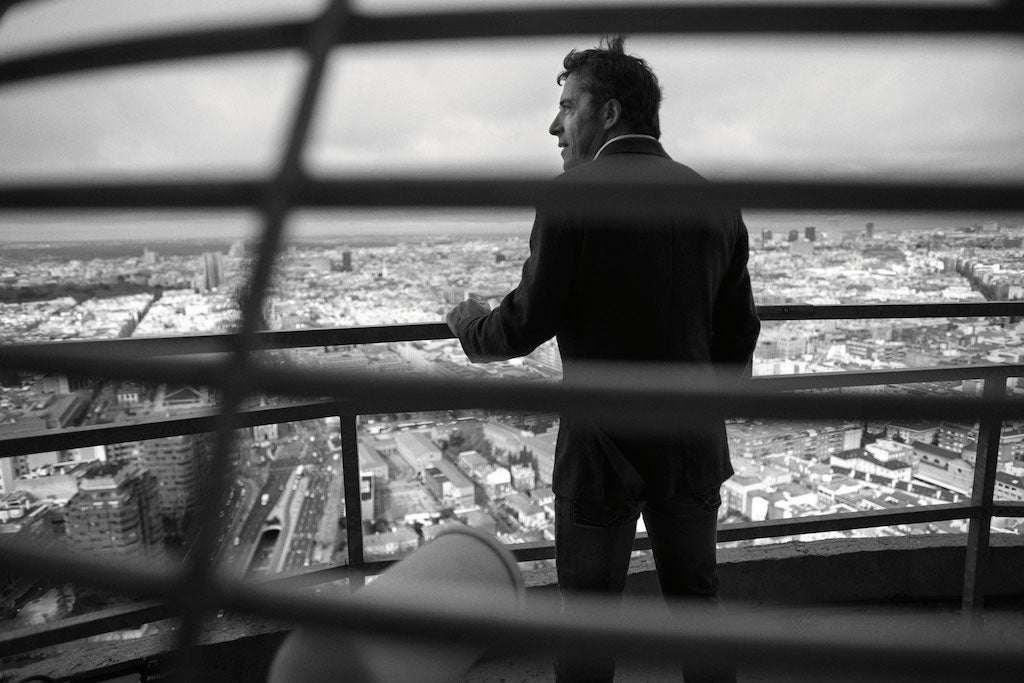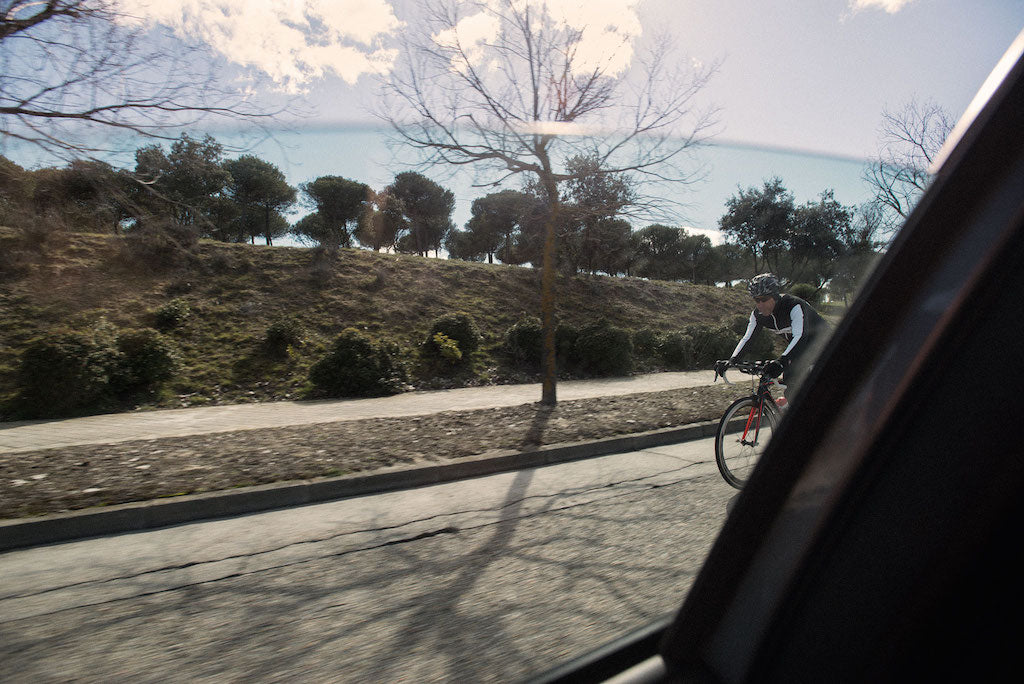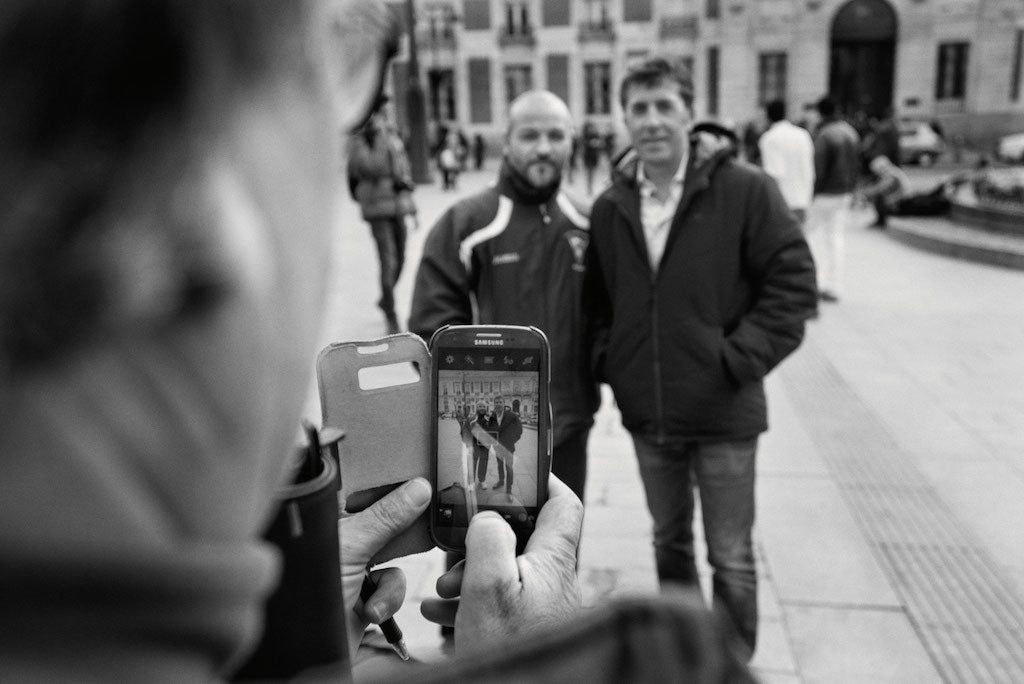Fifteen years on from Luis Ocaña in 1973, no Spanish rider had won the Tour de France. Delgado starts the race downbeat, but soon has the nation glued to their radios. ‘Perico’ recalls a long day to Alpe d’Huez.
On the 1988 Giro, Delgado was far from outstanding, finishing seventh, 17 minutes behind the winner Andy Hampsten. “The Giro hadn’t gone well and I got to the Tour feeling very pessimistic,” he says. “But, of course, I was aware of the situation and what was at stake, and I remember there was a great deal of pressure on the team.
“There had been budget cuts at Reynolds and there was already talk of a second sponsor… And as they hadn’t achieved a good result in the Vuelta, the team were quaking in their boots when they arrived; it was all or nothing. The assistants even had the feeling that the team would soon disappear. Echavarri didn’t show it: he kept it all inside but I knew he was worried and I knew it was killing him. He only relaxed when things started to go well on the Tour.
Miguel Indurain - The Endless Enigma
“The moment we knew that the race belonged to us was in the team time-trial and we were pumped up for it. We didn’t win it – if we could just win, I thought. We didn’t lose any ground though. Suddenly, the atmosphere of the first four days changed and everyone focused solely on the race.
"I felt I was in control and prepared to win on the day before Alpe d’Huez in Morzine, where [Fabio] Parra won. I felt really good there: everyone else looked tired while I felt as fresh as a daisy. But I didn’t go all out, as it was a tough stage, and seeing how worn out everyone looked made me feel good and ready to win.

“The next day to Alpe d’Huez was just crazy. It was a very long stage, some 220km, and from the start in Morzine the pack became fragmented, with Mottet and I pulling away. Before the Madeleine there was a battle, and a particularly brutal one too.
Related – Tour de France 2021 Preview
“We got to the foot of the Madeleine, which is where everyone regrouped in the valley, but we were all shattered. I was doing well, but I wanted to save my strength so I held back. On the Madeleine, nobody made a move – we were all scared. I reached the top and crossed the line with [Ángel] Arroyo not far behind. ‘Let’s set this thing off’, he says, ‘no one’s doing anything’. ‘No, no, we’re going to wait’, I told him.”
Delgado called up his troops: Jesus Magro, Omar Hernández and a young man by the name of Miguel Indurain.
“The bunch was about 50 strong. I told Arroyo: ‘We’re all going to sprint up the mountain and Miguel, who knows the descent, will take us down the Madeleine as fast as he can until we get to the feed station in the valley before the Glandon. We’re going to go so fast that some people are going to be left without a musette because they won’t have a chance to pick it up’.

“We all lined up behind Miguel. At the feed station we went through in single file with outstretched hands. Then all hell broke loose. Two kilometres later the group stopped and regrouped for lunch… On the false flats before the Glandon, Arroyo says to Magro, ‘let’s shake things up again’. We had already taken control; we had the power on the stage, which was critical. ‘No one moves a muscle here’, I said.
“We feared the Colombians – Café de Colombia and Postóbon – but they were motionless and that was why I told Magro to push himself as hard as he could, and then Omar, and with just three to go to the top of the Glandon and the Colombians not pulling away, I went for it, and [Steven] Rooks came along so I waited for him.
“The Colombians didn’t control the race, they were sparring a little but when we got to the top they went all-out crazy. Then the unexpected happened. Mottet and Jean François Bernard were sunk, the Colombians had stopped chasing and I thought that I was already home and dry by coming in with Rooks, but right there, on the flat where no one would have seen it coming, the Colombians closed in from behind and the gap, which I thought was going to widen, remained at just one minute. That was our lot. The one time the Colombians team up and they screw us good and proper! But in the end it didn’t make much difference, the race had already been won that day.”

At Alpe d’Huez: 1. Rooks. 2.Theunisse, 17s. 3. Delgado, 4. Parra, 23s. 5. Herrera, 1m 6s.
Overall. 1. Delgado, 2. Bauer, 25s. 3. 3. Parra, 1m 20s. 4. Rooks, 1m 38s. 5. Herrera, 2m 25s.
“I had already taken the yellow jersey the previous year at Alpe d’Huez but I knew that this time I would keep it. I just had to hang in there and enjoy it, and sure enough, the next day, I clinched it on the mountain time trial in Villard de Lans, and that was where we were euphoric,” says Delgado, for whom the moment on the Alpe d’Huez had no more mystical relevance than the realisation of something he’d already anticipated.
For Echavarri it was something else, of course. The team boss, on seeing one of his team with the yellow jersey for the first time, woke up at the crack of dawn to take a walk in the Alpine silence, almost touching the sky with the tips of his fingers, revelling in the sweet communion with nature.

For Perico there was one final character-building chapter left to write in his legendary tale that had caused him so many sleepless nights. All that was left for Perico to do was to become the man who would deliver the knockout blow.
“The height of Perico-mania took place in the Pyrenees,” says Delgado. “The breakaway that everyone remembers was in Luz Ardiden. Cubino won that stage, but most people believe that I won it, although I was third, with Duclos coming in second.
“On TV, the Spanish commentator Pedro Gonzalez was saying that I was done for, that it was all over for me. I had been left alone to face the danger and keep an eye on the Colombians.
“I was waiting for a breakaway to see how I would respond, but I didn’t and neither did they. I saw that they were under control, that the others had just enough strength. People were dropping back one after the other, there would be no attacking.
"I pulled myself together but it still seemed a daunting task so I backed off a little… The battle was for second place, not first, so I stayed on the sidelines. Then, during one of those attacks between Rooks, Theunisse and Lucho, I took advantage, pulled away on the bend and shook them all up. That was the attack that everyone remembers – although contrary to popular belief, I didn’t go on to win the stage.”
































